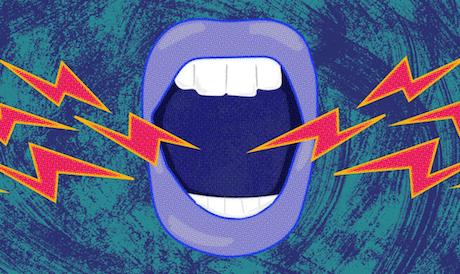New Zealand’s Race Relations Commissioner says religious leaders should be using their considerable powerful platforms to promote tolerance and peace across our communities.
“Whether it’s a mosque giving Holocaust deniers a platform or whether it’s an evangelical church spewing hatred about gay New Zealanders: this is not how we roll here. This is not who we are. This is who we do not want to ever become,” said Dame Susan Devoy.
She was speaking after official complaints were laid about at comments by Iranian diplomat made at an Auckland mosque in June.
One of the diplomats called Israel a “cancerous tumour” and said it has to be “surgically removed”
A second diplomat speaking at the same event denied that the Holocaust took place
“If we are to learn anything from the Holocaust it is that racism and hatred start small”, Devoy said.
“But we ignore it at our peril. All of us are responsible to ensure we live in a country where hate is never normalised. We can never let our country become one where racism goes unquestioned.
“And if we have to use glitter bombs to make our point – as some did at parliament over the weekend – so be it. It’s up to all of us to decide what kind of country we live in. While there are formal complaint processes that can and have been taken, just because something isn’t illegal does not make it OK.”
Devoy was referring to an incident when a small group of the National Front members protesting in Parliament grounds were pelted with glitter bombs.
Hate speech – the advocacy of hatred based on nationality, race or religion – occupies an exceptional position in international law.
The New Zealand Bill of Rights Act 1990 gives everyone the right to freedom of expression, including the right to seek, receive and impart information and opinions of any kind in any form. But hate speech is prohibited under section 61
Source
Additional readingNews category: New Zealand.




